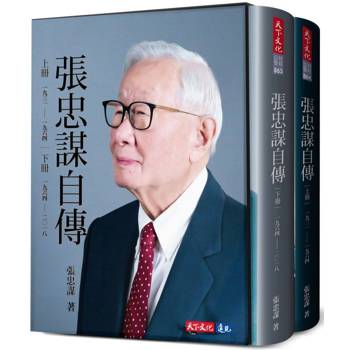Freedom Beyond Confinement examines the cultural history of African American travel and the lasting influence of travel on the imagination particularly of writers of literary fiction and nonfiction. Using the paradox of freedom and confinement to frame the ways travel represented both opportunity and restriction for African Americans, the book details the intimate connection between travel and imagination from post Reconstruction (ca. 1877) to the present. Analysing a range of sources from the black press and periodicals to literary fiction and nonfiction, the book charts the development of critical representation of travel from the foundational press and periodicals which offered African Americans crucial information on travel precautions and possibilities (notably during the era of Jim Crow) to the woefully understudied literary fiction that would later provide some of the most compelling and lasting portrayals of the freedoms and constraints African Americans associated with travel. Travel experiences (often challenging and vexed) provided the raw data with which writers produced images and ideas meaningful as they learned to navigate, negotiate and even challenge racialized and gendered impediments to their mobility. In their writings African Americans worked to realize a vision and state of freedom informed by those often difficult experiences of mobility. In telling this story, the book
hopes to center literary fiction in studies of travel where fiction has largely remained absent.
| FindBook |
有 1 項符合
Freedom Beyond Confinement: Travel and Imagination in African-American Cultural History and Letters的圖書 |
 |
Freedom Beyond Confinement: Travel and Imagination in African-American Cultural History and Letters 作者:Hall 出版社:Clemson University Press 出版日期:2022-02-05 語言:英文 規格:精裝 / 256頁 / 普通級/ 初版 |
| 圖書館借閱 |
| 國家圖書館 | 全國圖書書目資訊網 | 國立公共資訊圖書館 | 電子書服務平台 | MetaCat 跨館整合查詢 |
| 臺北市立圖書館 | 新北市立圖書館 | 基隆市公共圖書館 | 桃園市立圖書館 | 新竹縣公共圖書館 |
| 苗栗縣立圖書館 | 臺中市立圖書館 | 彰化縣公共圖書館 | 南投縣文化局 | 雲林縣公共圖書館 |
| 嘉義縣圖書館 | 臺南市立圖書館 | 高雄市立圖書館 | 屏東縣公共圖書館 | 宜蘭縣公共圖書館 |
| 花蓮縣文化局 | 臺東縣文化處 |
|
|
圖書介紹 - 資料來源:博客來 評分:
圖書名稱:Freedom Beyond Confinement: Travel and Imagination in African-American Cultural History and Letters
內容簡介
作者簡介
Dr. Michael Ra-shon Hall is an Assistant Professor in the Department of English at Virginia Commonwealth University. Dr. Hall’s current research agenda examines the social and cultural phenomenon of travel and imagination in African-American arts, letters, and cultural history. His research and
writing on travel and imagination have appeared in the academic journals Postcolonial Studies and the South Carolina Review as well as the edited volumes Travel and Imagination and Motion Pictures: Travel Ideals in Film.
|











